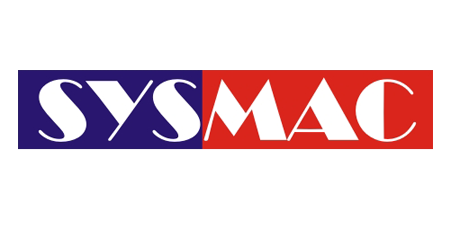Introduction
Energy efficiency refers to a method of reducing energy consumption by using less energy to attain the same amount of useful output. For example, an energy-efficient 12-watt LED bulb uses 75-80% less energy than a 60-watt traditional bulb but provides the same level of light.
Efficient energy use has been a rising trend due to increasing energy costs and the environmental problems caused by greenhouse gas emissions.
Common misconceptions about energy efficiency
Energy conservation – the concept of reducing energy consumption through the minimization of activities that consume energy – is often confused with energy efficiency. The main difference between the two concepts is how much you have to alter your behavior.
Energy efficient options are worth the investment
Another misconception is that energy efficient options are not worth buying because they are more expensive than their conventional alternatives. Indeed, efficient options, whether for appliances or home specifications, often come with a high price tag. However, energy efficiency should be considered an investment that accumulates savings over time, rather than a typical purchase that is evaluated based on up-front costs.
Energy efficiency doesn’t require you to change your habits
Energy conservation calls for a certain degree of sacrifice, such as using the clothes dryer less often or turning down the heat in the winter. Energy efficiency, on the other hand, maintains the same amount or quality of output while using less energy. Instead of turning down the heat, you can install an energy-efficient furnace to keep your house at a certain temperature while consuming less energy than you would with a conventional one.
Big energy savings require a significant investment
A common misconception about energy efficiency is that replacing a couple appliances will result in significant savings. For substantial utility savings, you should consider a holistic approach that strategically targets the most significant sources of energy waste in your home or business.
Residential vs. commercial energy efficiency: different standards, different costs
In homes and businesses, energy is used for space and water heating, air conditioning, appliances, electronics, and lighting. However, residential and commercial buildings are subject to separate energy efficiency standards and regulations due to their different magnitudes of energy use.
Top Energy Efficiency Benefits for Businesses
1. Energy efficiency helps to reduce costs
The first item on this list is probably the most obvious. Improving your businesses energy efficiency can save your company money. In the past, many businesses viewed energy as an uncontrollable cost. However, more companies are beginning to understand that energy usage is controllable, and the amount of energy your organization consumes can have a direct positive or negative financial impact on the company.
2. Reduced risk
In recent years, global energy markets have been increasing in volatility, and this means that prices have fluctuated greatly. The International Energy Agency expects this trend to continue, as the global population continues to grow and energy demand increases.
3. Improving brand reputation
The financial benefits of energy efficiency are just the beginning. The world is becoming more environmentally conscious and being energy-efficient can enhance your brand’s reputation, which in turn can improve your business performance. Be careful not to start Greenwashing though, as this can negatively impact your businesses reputation.
4. Energy efficiency can improve working conditions for employees
energy efficiency has the potential to reduce costs and improve your brand’s reputation but did you know that it can also play a key role in creating optimum working conditions for your employees? In the past, the concept of energy efficiency was perceived as a threat to comfort. But, recent research has demonstrated that this is not the case, and energy efficiency can actually improve employee comfort levels, their well-being and performance.
5. Being efficient can help with compliance
More stringent regulations for businesses will come into play as we get closer to 2050. This means that businesses choosing to take action now will be in a far better position than those that don’t. The government have already discussed introducing mandatory operational energy ratings, such as Display Energy Certificates (DEC), for all commercial buildings.
Conclusion
Business energy efficiency can be difficult, but there are so many benefits for a company that takes it seriously. Sure, using less energy can reduce your business energy costs, but an effective energy efficiency strategy can also improve your brand’s reputation, protect your business against volatile energy markets, improve employee productivity and help save the planet.

